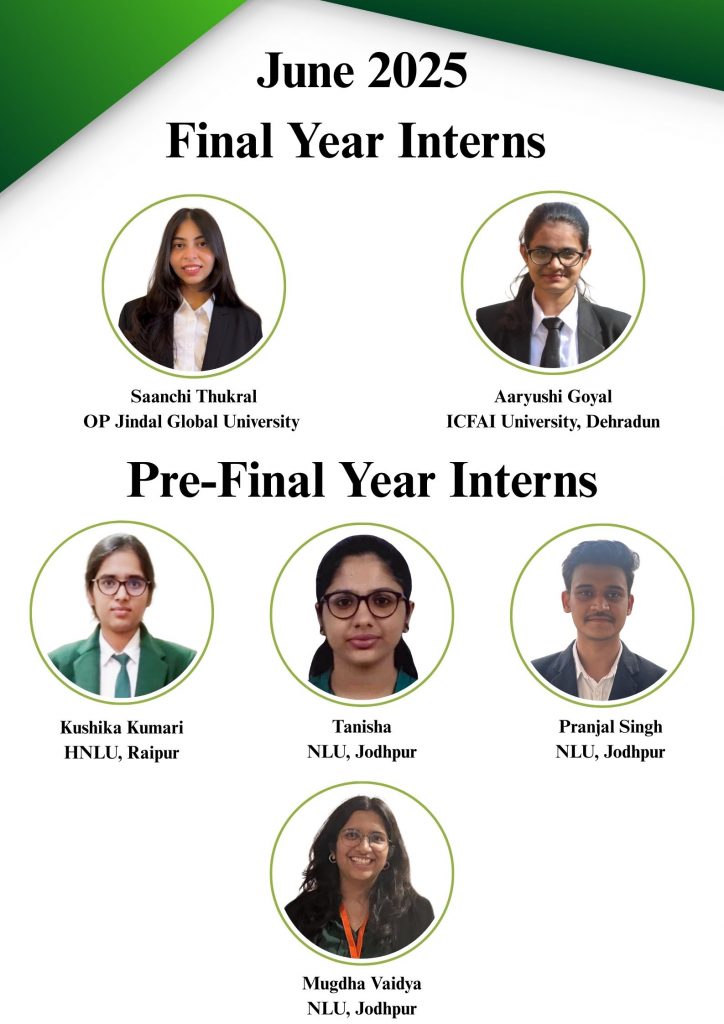We’re proud to share that IAM Patent 1000 has recognised ALG’s Patents Practice and our Patents Practice Head, Ashwani Balayan, among the world’s leading patent practitioners in its 2025 rankings.
The recognition spans both transactions and prosecution, at the firm and individual levels — a strong endorsement of our commitment to excellence in patent strategy and protection.
Category: Events & Participations
Expert Spotlight | Sheja Ehtesham At IICA Certified Arbitration Program (ICAP)
Sheja Ehtesham delivered an expert session on “Arbitration in Intellectual Property & Technology Disputes” on June 13, 2025, as part of the IICA Certified Arbitration Program (Batch I)—a prestigious initiative by the Indian Institute of Corporate Affairs, Ministry of Corporate Affairs, Government of India.
The session offered valuable insights into the evolving role of arbitration in resolving complex IP and tech disputes, bridging law, innovation, and commerce. Participants included senior bureaucrats, lawyers, chartered accountants, PSU/MNC executives, and other professionals shaping the future of dispute resolution in India.

Practice Work Shop (PWS) On “Whether Trademarking Names Of National Security Operations Is An Overreach Through The Law?”
During the last PWS session, Garima Chauhan, Associate, hosted a discussion on “Whether trademarking names of national security operations is an overreach through the law?” The participants discussed the recent trademark application filings for Operation Sindoor and whether the same should be allowed. The participants discussed the recent trademark application filings for Operation Sindoor and whether the same are likely to be refused in the current context as they touch upon national security and religious sentiments. The attorneys further discussed on whether the respectful commercial use of the mark can be allowed.

Legal Issues Seminar-General IP (LIS-GIP) On “Whether Mere Numerical Marks Are Capable Of Registration As Trademarks?”
A ‘Legal Issues Seminar – General IP’ (LIS-GIP) was conducted by Nivrati Gupta, Associate on “Whether mere numerical marks are capable of registration as trademarks?” The seminar focused on recent developments in the judicial recognition of numerical trademarks, emphasizing on whether the principles of inherent distinctiveness of a mark can be extended to numerical trademarks. The discussion focused on judgements wherein it has been held that arbitrary or coined numerical combinations can be registered if they are distinctive and capable of distinguishing goods and services of one from another. The discussion concluded with view that registration would grant rights only over the specific numerical combination and not the individual digits.
The presentation can be accessed here.

New General IP Interns For June 2025
Interns – Saanchi Thukral, Aaryushi Goyal, Kushika Kumari, Tanisha, Pranjal Singh and Mugdha Vaidya have commenced their General IP Internship with the firm’s law practice.
We hope their stay in the firm during the 4 week period of their internship will be mutually enriching and that the firm and they will learn exciting things from each other!
